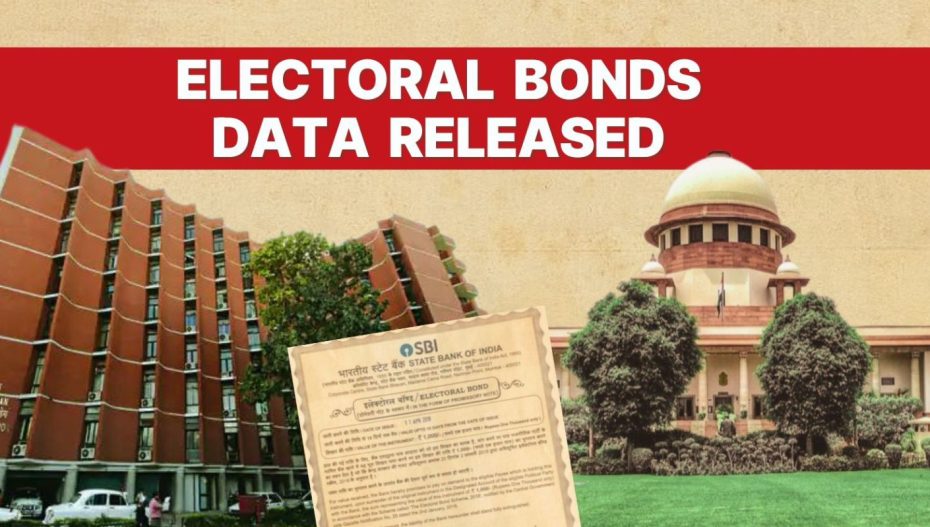Electoral bonds were introduced in India in 2017. Using these bonds, individuals or companies could donate money to political parties anonymously.
Under the scheme, which was scrapped by the Supreme Court on February 15, 2023, the bonds had to be bought in fixed denominations from the State Bank of India (SBI). The bonds would be handed over to the political party they were meant for which could encash them in a bank account.
As per the scheme, the beneficiary political parties did not need to reveal the name of the donor to anyone, not even to the Election Commission of India (ECI).
According to the Association for Democratic Reforms (ADR), which had opposed the electoral bond scheme, such a bond was issued like a promissory note, which was bearer in character. A bearer instrument does not carry the name of the buyer or payee, hence no ownership information is recorded, and the holder of the instrument is presumed to be its owner.
Ever since electoral bonds were introduced, there have been calls for greater transparency and accountability in political funding. It has been suggested that stricter regulations are required to prevent their misuse.
7 facts about electoral bonds
- They offered anonymity to the donor. This ensured that political funding was free of any pressures.
- The government claimed that the bonds would promote transparency as funding was being routed through banking channels.
- Critics, however, said non-disclosure of identity of donors meant these bonds lacked transparency.
- They were introduced by a legal route through the Finance Act, 2017.
- Electoral bonds were available in multiple denominations, ranging from as low as Rs 1,000 to as high as Rs 1 crore.
- Donors were able to purchase these bonds from authorised bank branches during specific periods.
- The bonds, if not encashed, would expire in 15 days.
Also Read: ‘Lottery King’ Santiago Martin Was Labourer in Myanmar












